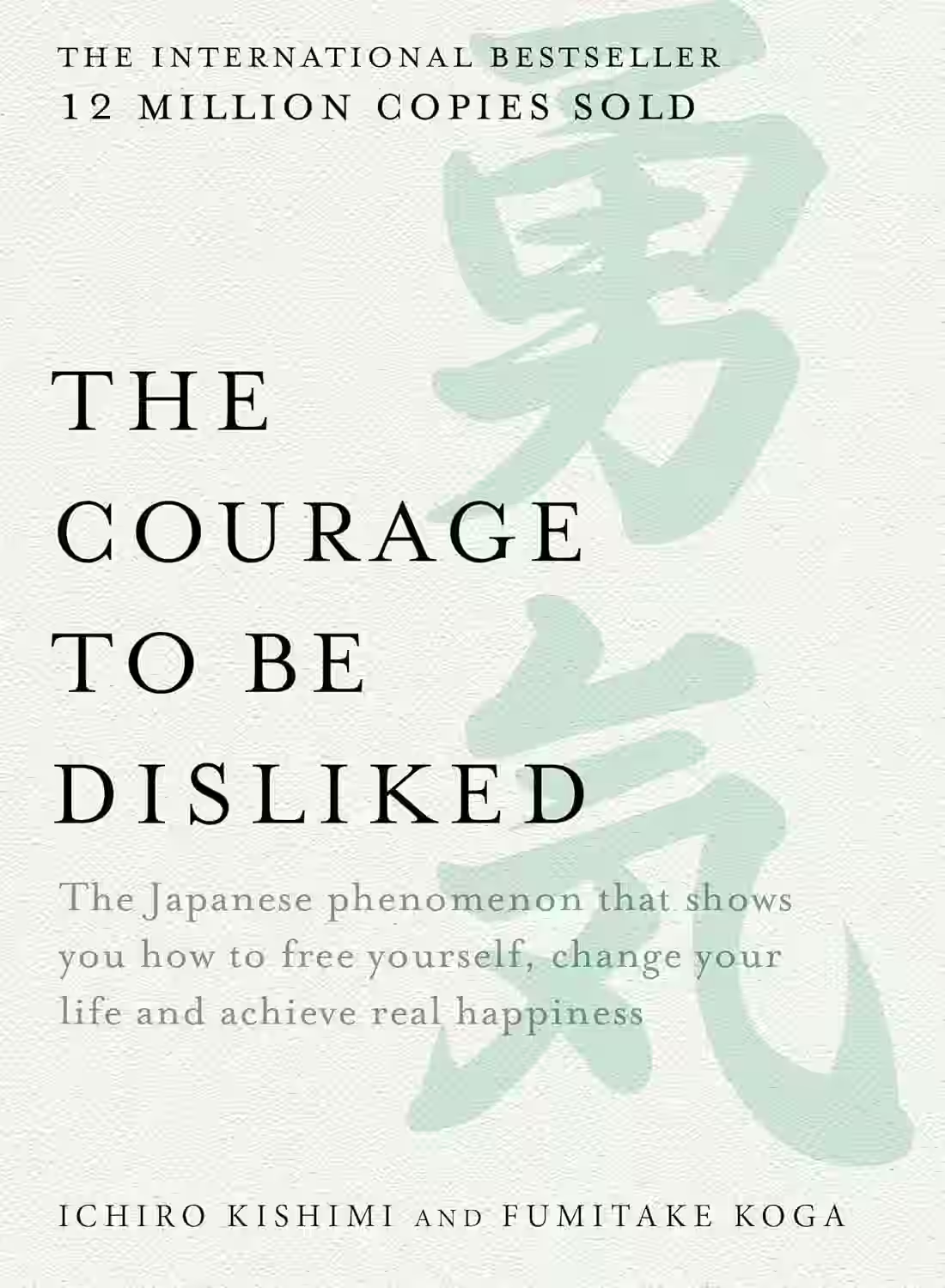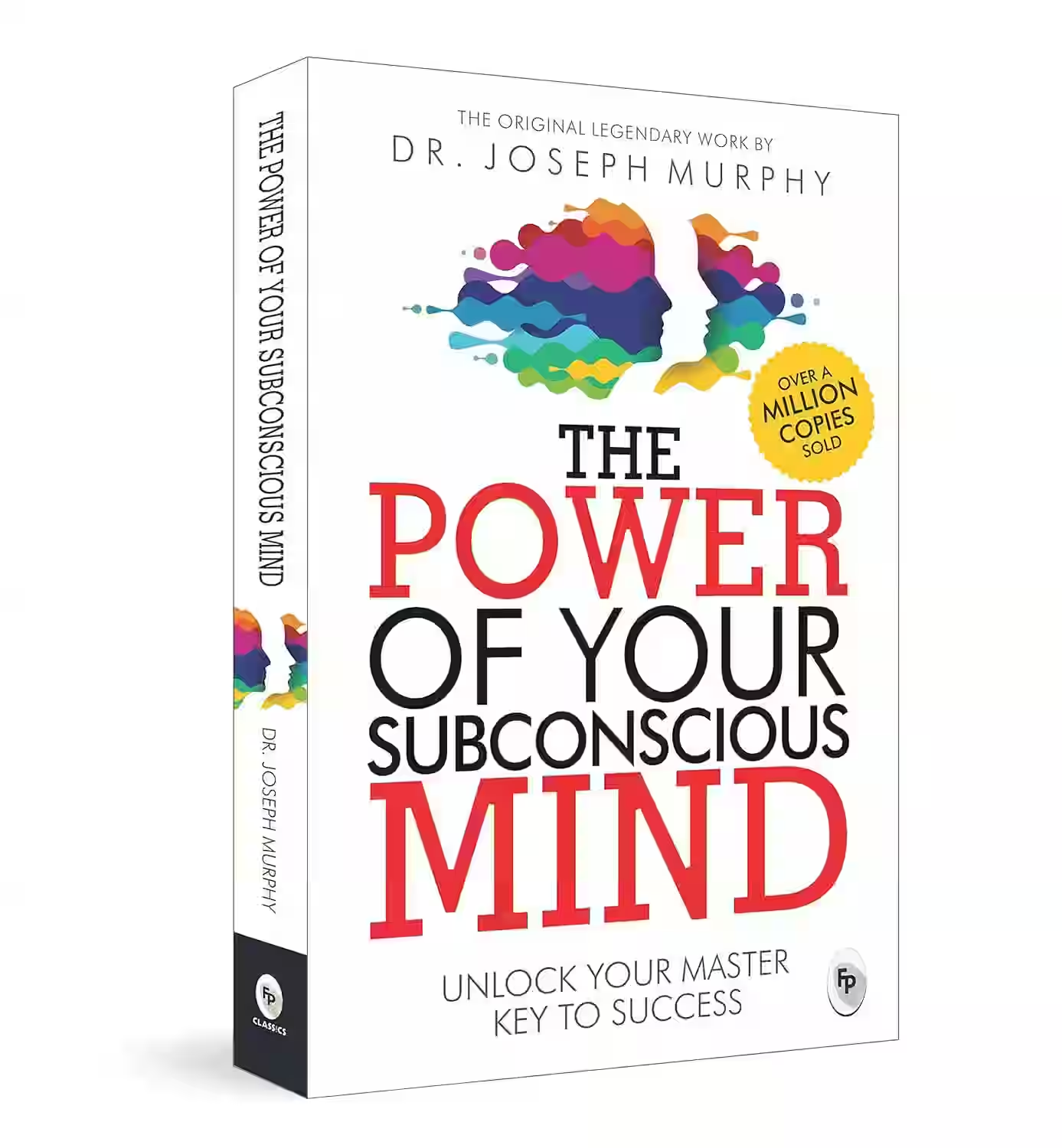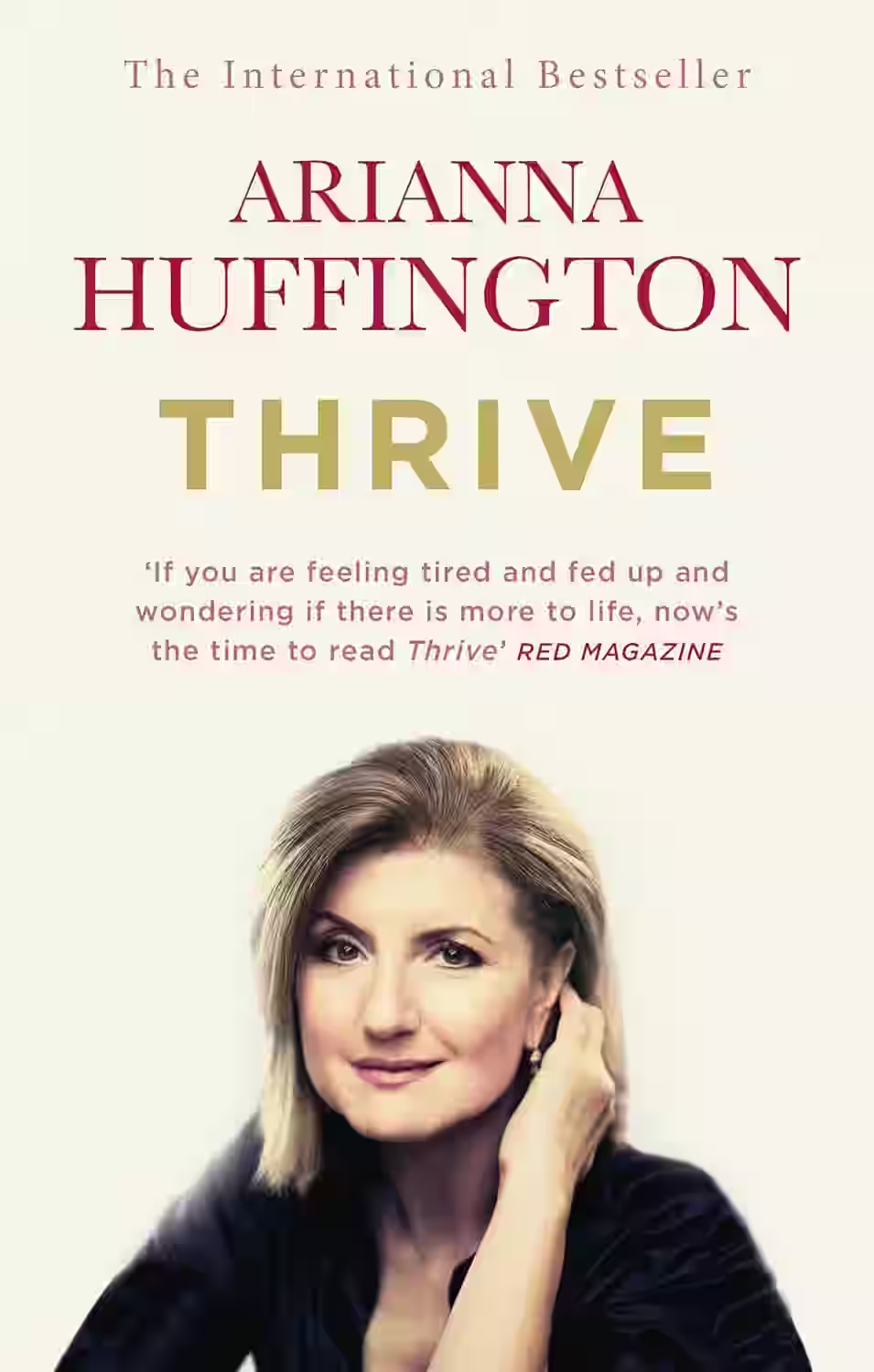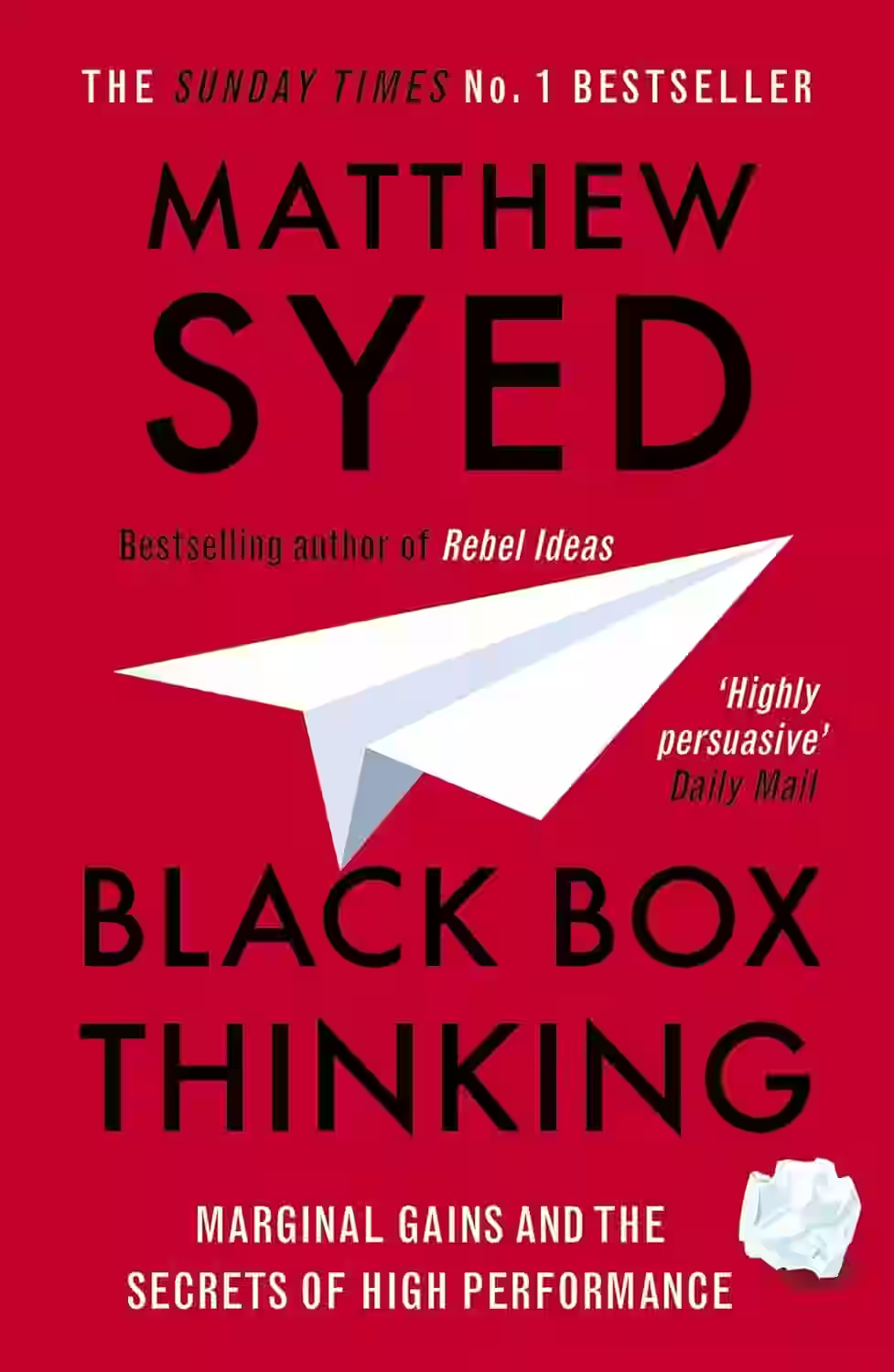
In 'On Combat: The Psychology and Physiology of Deadly Conflict in War and in Peace' by Dave Grossman, readers are taken on a profound journey into the intricacies of human response to life-threatening situations. Grossman delves into the psychological and physiological aspects of combat, offering insights into how individuals react to stress, fear, and violence. Through compelling narratives and scientific explanations, the book explores the intricacies of human nature in the face of danger, providing valuable lessons applicable to both military personnel and civilians. 'On Combat' is a thought-provoking and enlightening read that sheds light on the complexities of the human mind during intense situations.
About Dave Grossman
Dave Grossman is a renowned American author, psychologist, and retired Army officer, best known for his groundbreaking work in the field of psychological warfare and the human response to violence. With a background in military service, Grossman has utilized his experiences to inform his writing on topics ranging from combat stress to the psychology of killing. His influential books, such as 'On Killing' and 'On Combat,' have offered crucial insights into the emotional and physiological effects of violence on individuals in high-stress environments. Grossman's research has had a significant impact on both military strategy and law enforcement training, making him a respected figure in the realm of psychology and military studies.
Similar Books

The Courage To Be Disliked
by Ichiro Kishimi, Fumitake Koga
This bestselling Japanese philosophy book presents a dialogue between a philosopher and a young man, exploring ideas based on Alfred Adler's psychology. It argues that happiness lies in the courage to be true to oneself and to reject the need for approval from others. Through a Socratic conversation, it challenges readers to let go of past trauma, take personal responsibility, and live with freedom. The book encourages breaking free from societal expectations and embracing a more purposeful, self-directed life.

The Power of Your Subconscious Mind
In The Power of Your Subconscious Mind, Dr. Joseph Murphy gives you the tools you will need to unlock the awesome powers of your subconscious mind. You can improve your relationships, your finances, your physical well-being. Once you learn how to use this unbelievably powerful force there is nothing you will not be able to accomplish. Join the millions of people who have already unlocked the power of their subconscious minds. I urge you to study this book and apply the techniques outlined therein; and as you do, I feel absolutely convinced that you will lay hold of a miracle-working power that will lift you up from confusion, misery, melancholy, and failure, and guide you to your true place, solve your difficulties, sever you from emotional and physical bondage, and place you on the royal road to freedom, happiness, and peace of mind.- Dr. Joseph Murphy

Thrive
In Thrive, Arianna Huffington redefines success beyond wealth and power, proposing a third metric rooted in well-being, wisdom, wonder, and giving. Drawing from research and her own life, she argues that burnout and stress are not badges of honor but symptoms of a misguided culture. The book explores mindfulness, sleep, gratitude, and compassion as essential to living a fulfilling life. Huffington weaves personal anecdotes with scientific insights to promote a more holistic vision of success—one that nurtures both the self and the community. Thrive serves as a call to prioritize what truly matters in a fast-paced world.

Black Box Thinking: Why Some People Never Learn from Their Mistakes, But Some Do
by Matthew Syed
In 'Black Box Thinking', Matthew Syed delves into the intriguing concept of learning from failure by drawing parallels between high-stakes industries like aviation and healthcare with everyday scenarios. Syed emphasizes the importance of embracing mistakes, fostering a growth mindset, and creating a culture where failures are seen as opportunities for improvement rather than something to be hidden or ignored. With compelling real-life examples and thorough research, he challenges the reader to reevaluate their approach to failure and encourages a shift towards a more open and adaptive mindset. This thought-provoking book provides valuable insights that can be applied across various aspects of life and work.